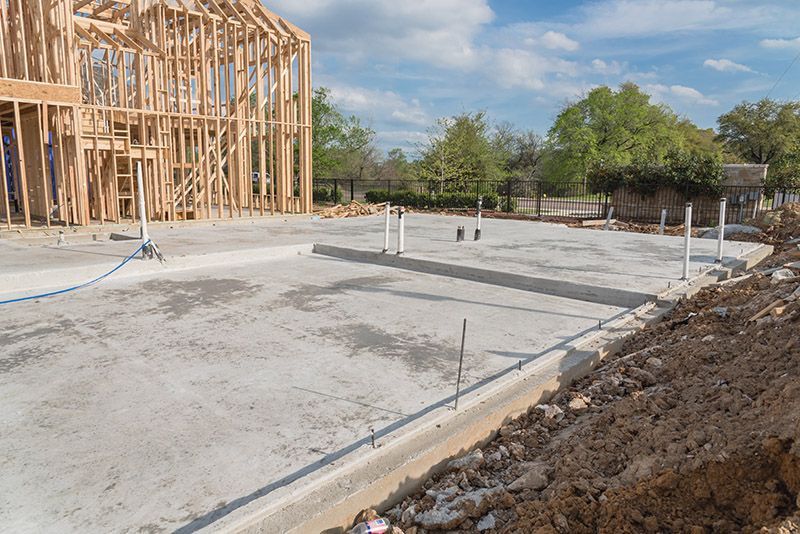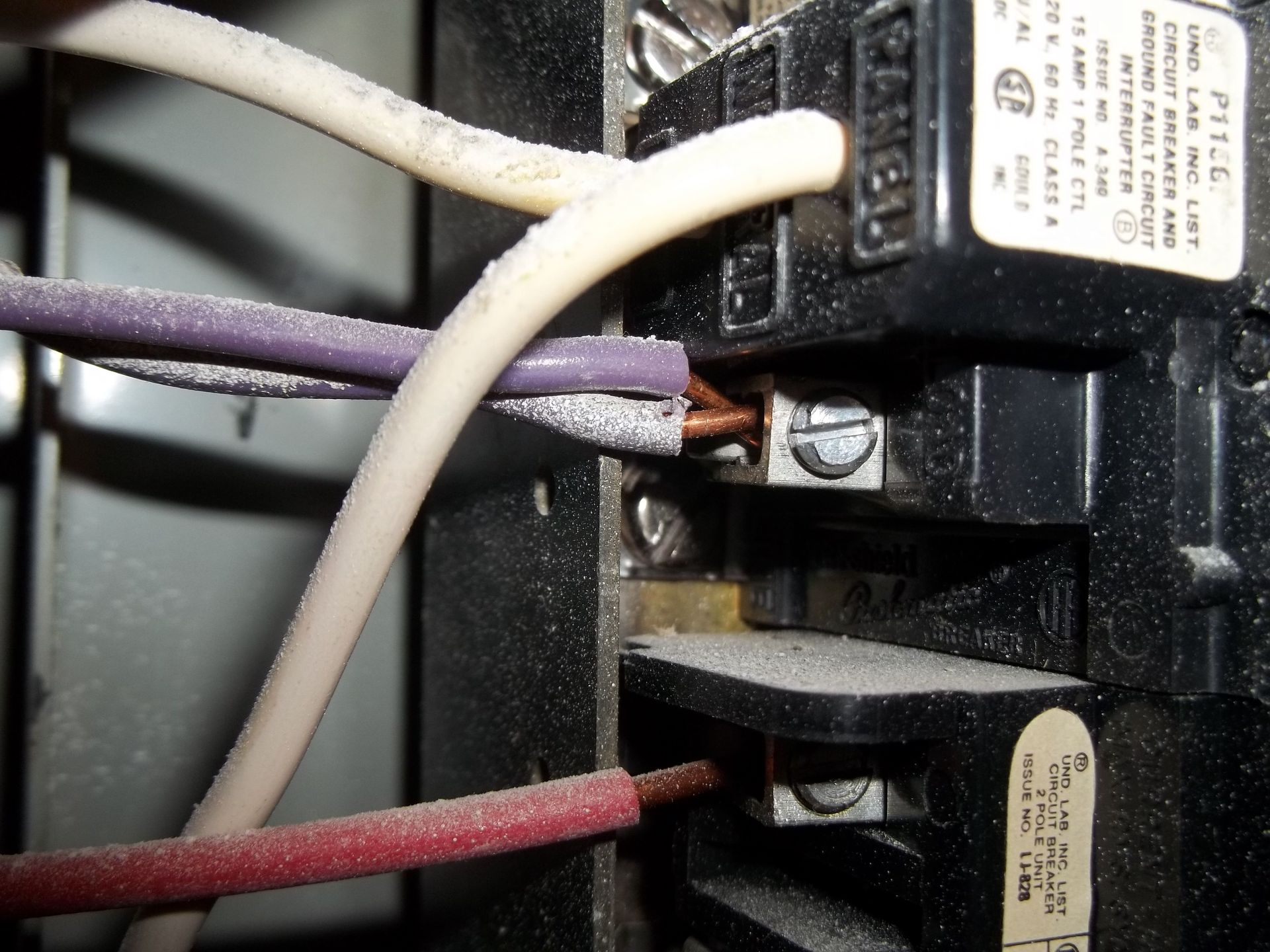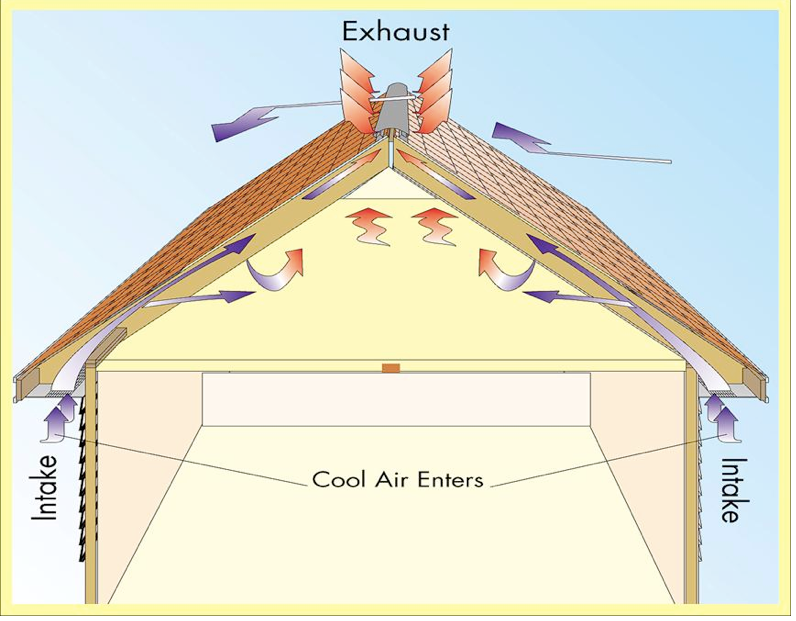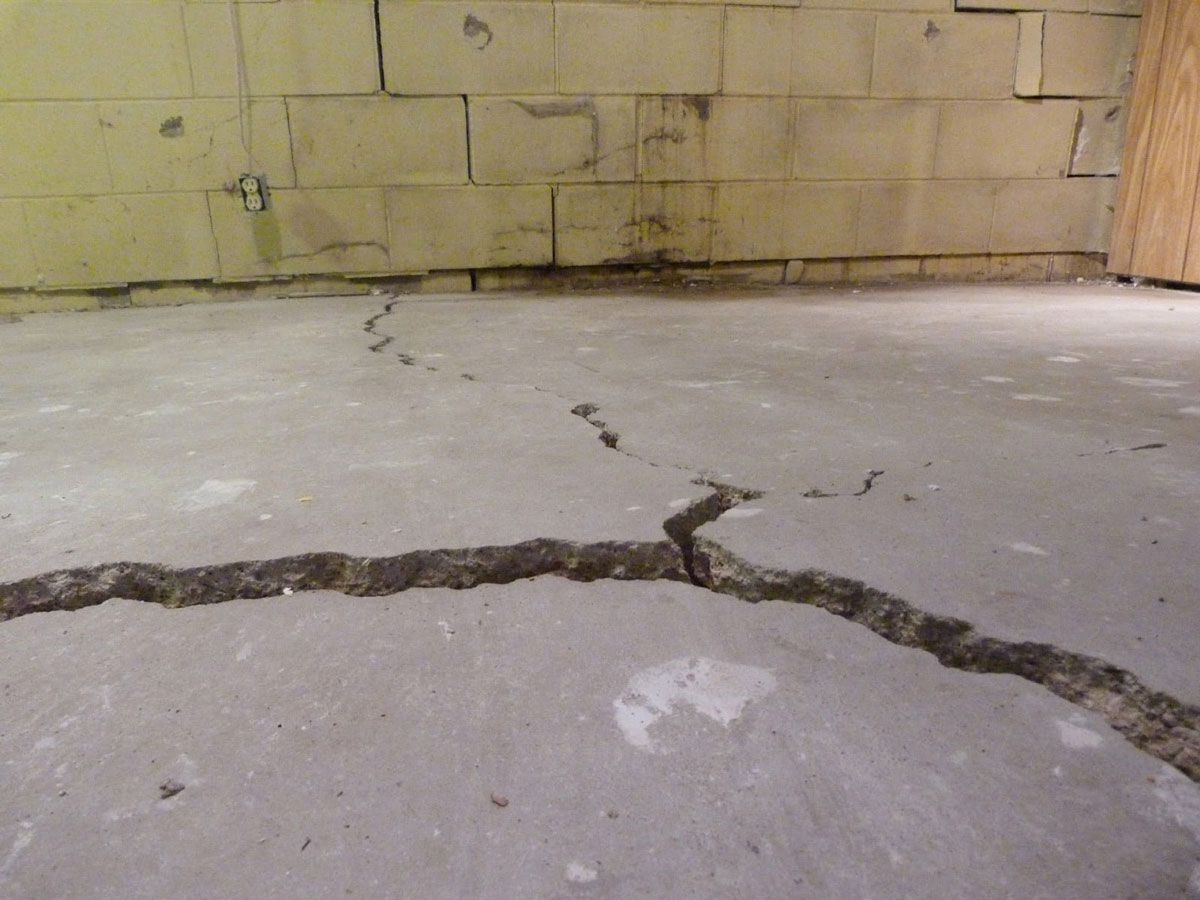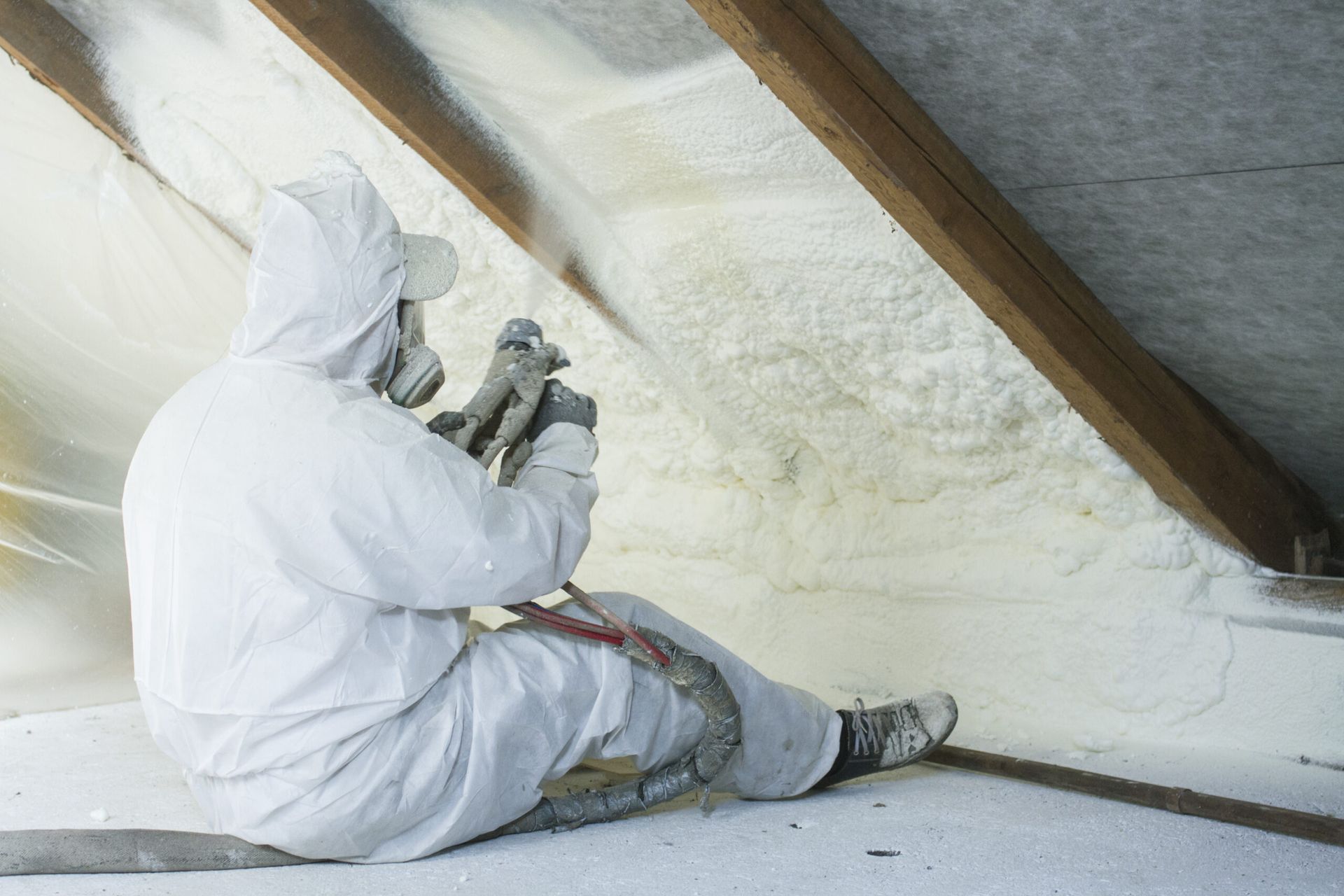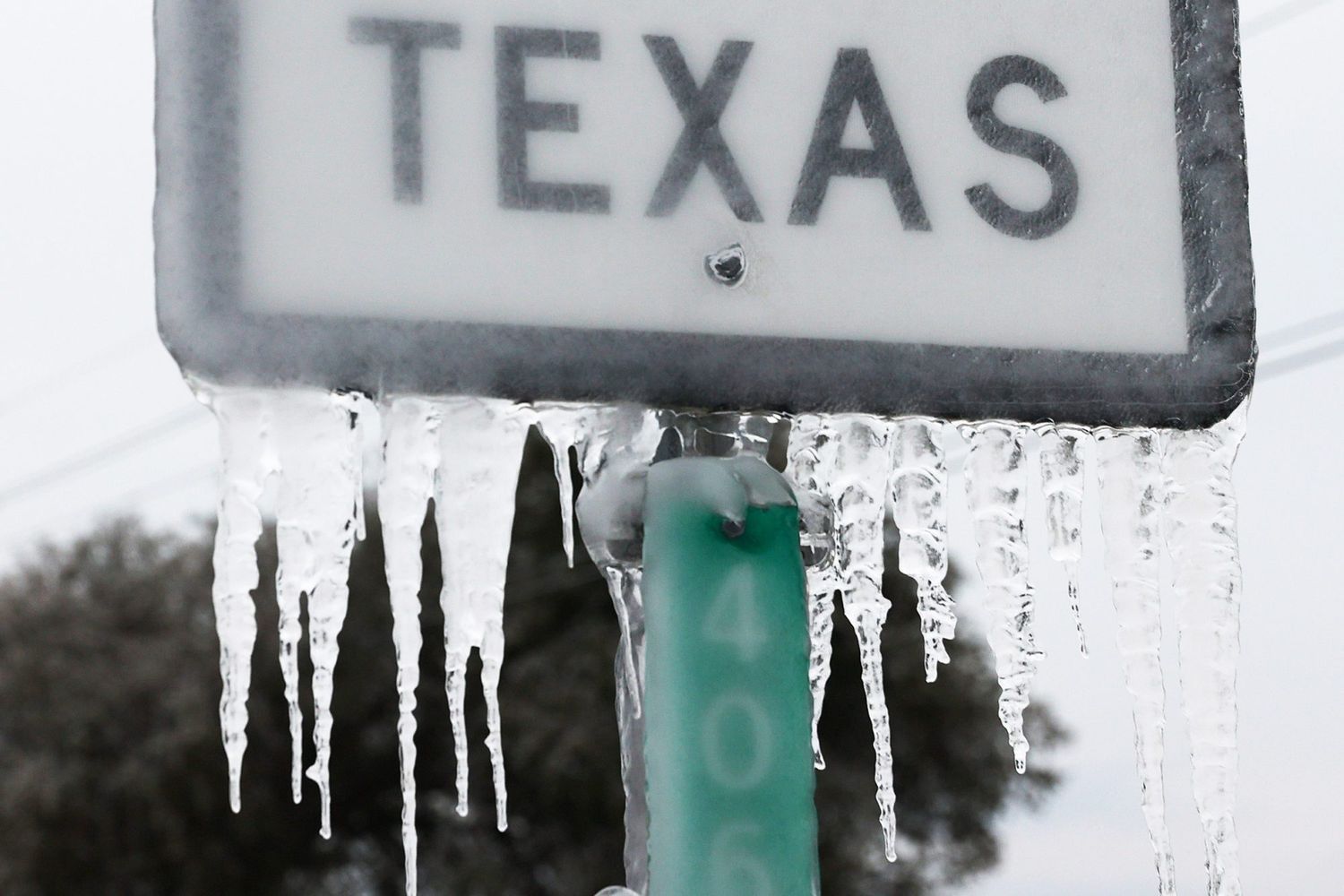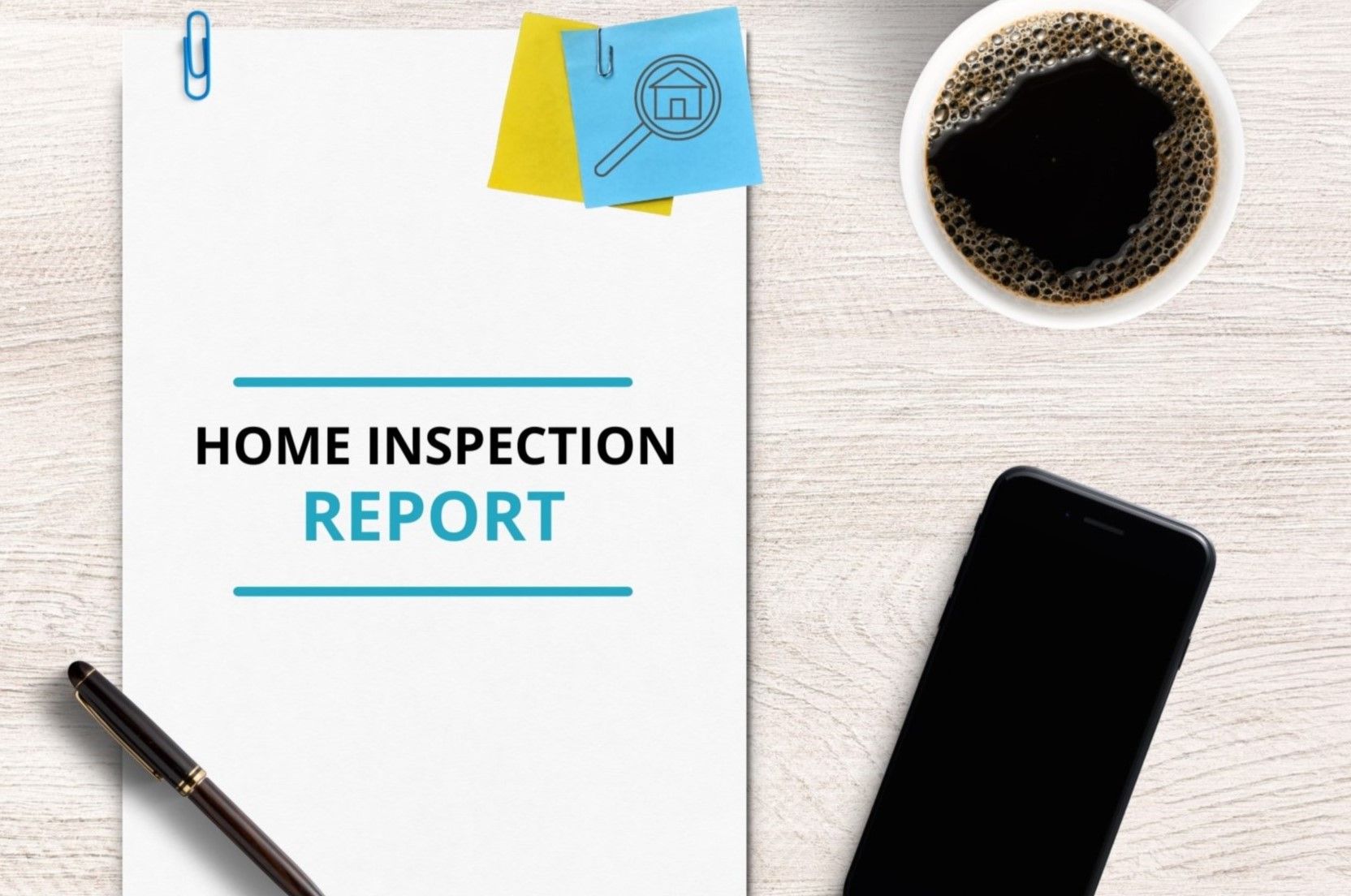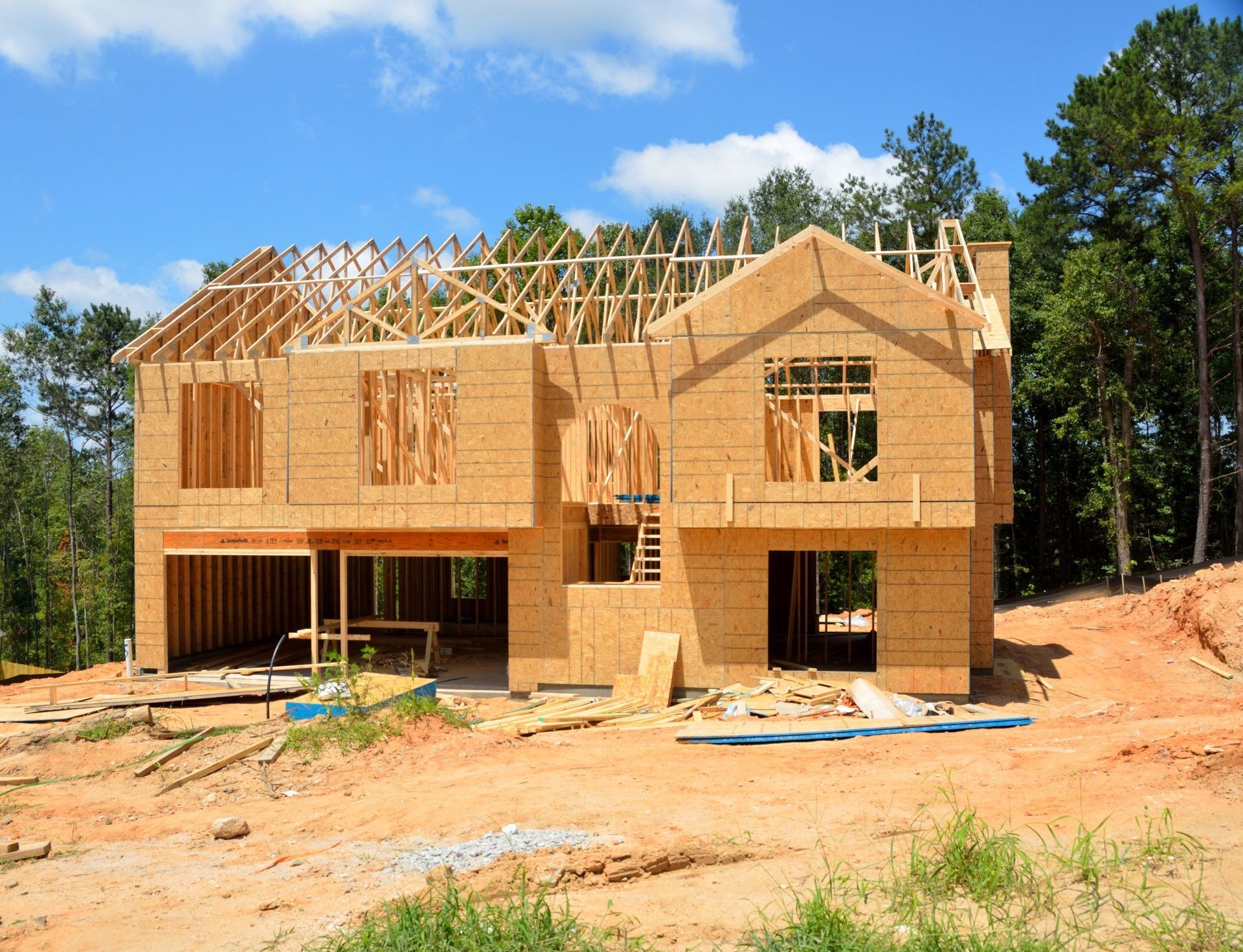Ross Nussle
July 5, 2025
Understanding the Importance of Septic Inspections
If you’re buying or owning a home in McKinney or the rural areas surrounding the Dallas-Fort Worth metroplex, understanding your septic system is critical. Unlike urban homes connected to municipal sewer lines, many properties in McKinney, Prosper, and other rural DFW areas rely on septic systems for wastewater management. A professional septic system inspection can save you from costly repairs and ensure your home’s system is functioning properly. Here’s what you need to know about septic system inspections in the DFW region.
Why Septic System Inspections Matter in McKinney and Rural DFW
Septic systems are common in McKinney and nearby rural communities due to the area’s sprawling landscapes and limited access to city sewer lines. These systems treat and dispose of household wastewater on-site, but they require regular maintenance and inspections to prevent backups, leaks, or environmental contamination. In Texas, septic systems must comply with regulations set by the Texas Commission on Environmental Quality (TCEQ), and a thorough inspection ensures compliance while protecting your property’s value.
For homebuyers, a septic inspection is a must before closing. Hidden issues like a failing drain field or a damaged tank can lead to repair costs ranging from $3,000 to $20,000 or more. For current homeowners, routine inspections help catch problems early, extending the life of your system and avoiding health hazards.
What Does a Septic System Inspection Include?
A professional septic system inspection in McKinney or rural DFW areas typically involves several key steps:
- Locating the System: The inspector identifies the septic tank, drain field, and other components, often using property records or probes, as many rural DFW homes have systems installed decades ago.
- Visual Inspection: The inspector checks for signs of surface pooling, lush grass over the drain field, or odors that indicate leaks or backups. In McKinney’s clay-heavy soils, poor drainage can exacerbate septic issues.
- Tank Assessment: The tank is opened to check sludge and scum levels, inspect the tank for cracks or corrosion, and ensure the baffles and filters are intact. In older homes, concrete tanks may show wear due to Texas’s shifting soils.
- Pumping and Flow Test: If the tank hasn’t been pumped recently, the inspector may recommend pumping to assess its condition. A flow test checks how well wastewater moves through the system, critical in areas with high groundwater like parts of Collin County.
- Drain Field Evaluation: The inspector examines the drain field for signs of clogging or saturation, which can be a concern during DFW’s rainy seasons.
Common Septic System Issues
Homes in McKinney and surrounding areas face unique challenges due to local soil conditions and climate. Here are some common issues found during inspections:
- Clay Soil Complications: The expansive clay soils in Collin County and rural DFW can compact around drain fields, reducing absorption and causing backups, especially after heavy rains.
- Tree Root Intrusion: Large trees, common in rural DFW properties, can invade septic lines or tanks, leading to clogs or structural damage.
- Aging Systems: Many homes in McKinney’s older neighborhoods or rural areas have septic systems installed 20–30 years ago, which may not meet modern standards or handle current household demands.
- Improper Maintenance: Homeowners who skip regular pumping (recommended every 3–5 years) risk sludge buildup, which can clog the system and lead to costly repairs.
Tips for Maintaining Your Septic System
To keep your septic system in top shape and avoid issues during inspections, follow these maintenance tips tailored for DFW homeowners:
- Schedule Regular Pumping: Pump your septic tank every 3–5 years, depending on household size and usage. Local companies in can provide this service.
- Conserve Water: Spread out water-heavy tasks like laundry or dishwashing to avoid overloading the system, especially during North Texas’s dry summer months.
- Avoid Harmful Substances: Don’t flush non-biodegradable items, grease, or harsh chemicals, as these can disrupt the system’s bacterial balance or clog pipes.
- Protect the Drain Field: Keep vehicles, heavy equipment, and deep-rooted trees away from the drain field to prevent soil compaction or pipe damage.
- Monitor for Warning Signs: Look for slow drains, gurgling pipes, or soggy areas near the drain field, and call a professional if you notice these issues.
Conclusion
Whether you’re a homebuyer in McKinney or a longtime homeowner in rural DFW, a septic system inspection is a critical step to protect your investment and ensure a safe, functional home. With North Texas’s unique soil and weather challenges, regular inspections and maintenance can prevent costly surprises and keep your system running smoothly.
Ready to schedule a septic system inspection? Our team at SFR Inspections specializes in thorough, professional inspections tailored to North Texas homes. Reach out today to learn more or schedule online by clicking here!

